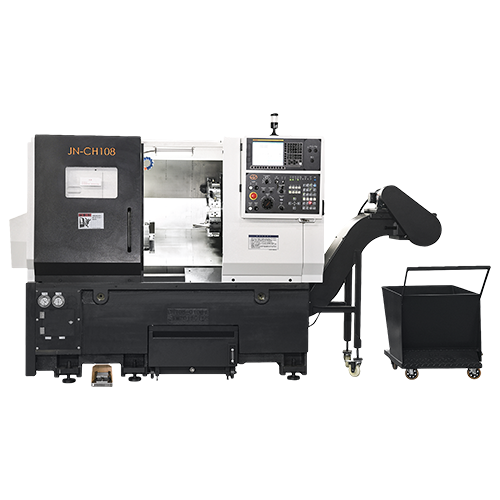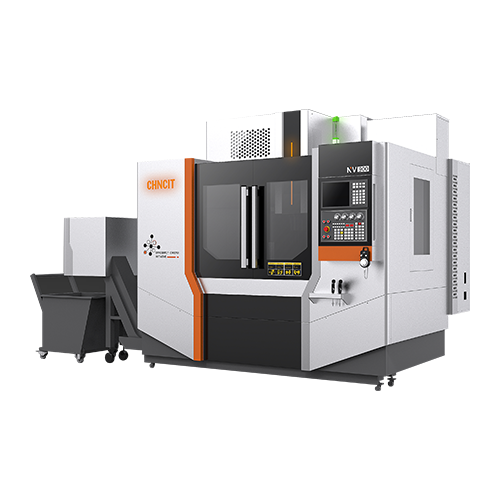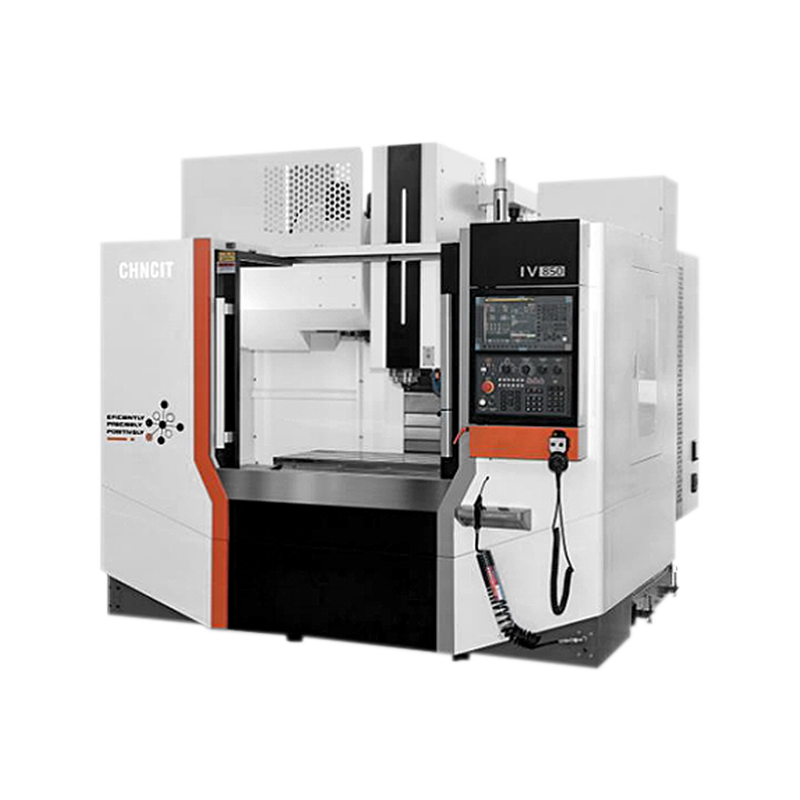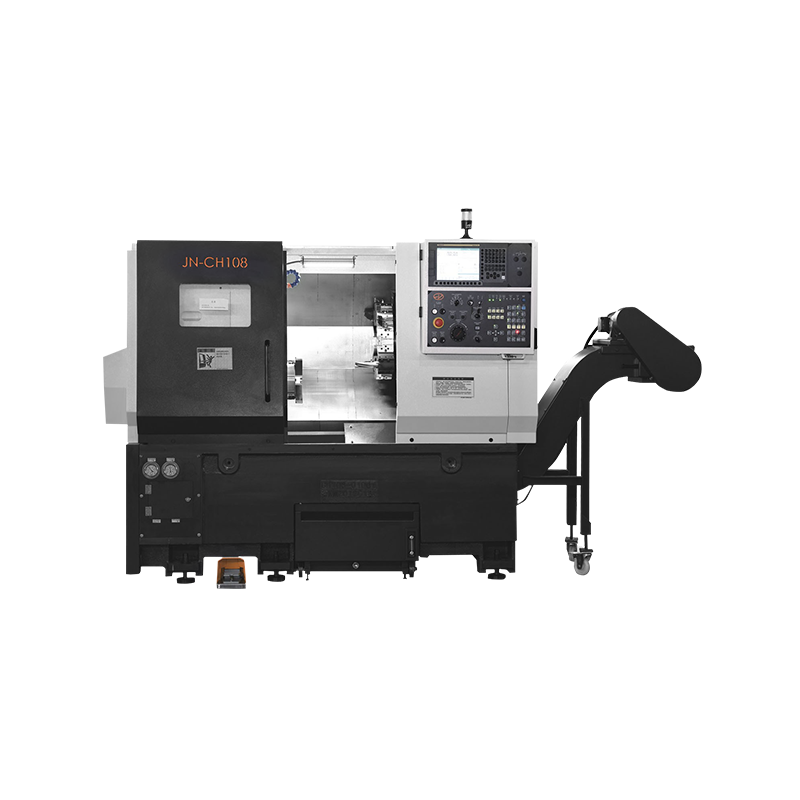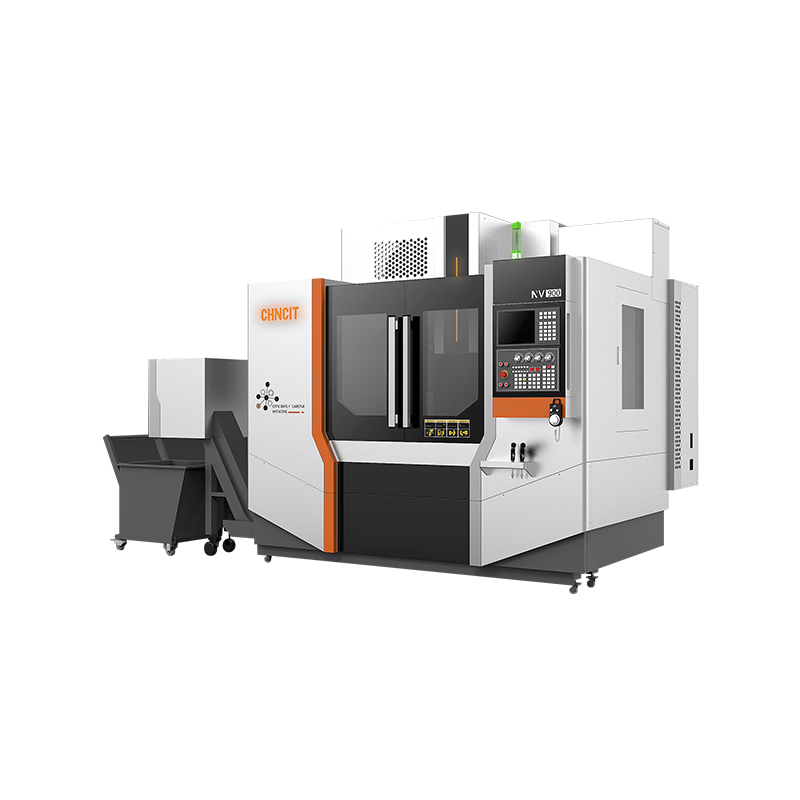-
 WHATSAPP
WHATSAPP -
 INS
INS -
 WECHAT
WECHAT
The Role and Significance of CNC Drilling Machines
CNC Metal Drilling Machine Factory Supplier Manufacturing
CNC (Computer Numerical Control) Drilling Machines have revolutionized the way parts are drilled with precision and efficiency, making them a staple in industries such as automotive, aerospace, and electronics.
CNC Drilling Machines are automated machines that use computer programs to control the drilling process. They are designed to drill holes with high precision and repeatability, which is crucial for the production of complex and intricate parts. These machines are equipped with a variety of tools that can be changed out as needed, allowing for a wide range of drilling operations.
Key Components of CNC Drilling Machines:
Control System: The heart of any CNC Drilling Machine is its control system. This is where the computer program is loaded, and it directs the machine's movements and operations. The control system is responsible for ensuring that the drilling process is carried out with the required accuracy.
Spindle: The spindle is the part of the machine that holds the drill bit. It is designed to rotate at high speeds, allowing for efficient drilling. The spindle's precision is critical to the quality of the holes drilled.
Tooling: CNC Drilling Machines are equipped with a range of tooling options. These can include standard drill bits, reamers, and countersinks, among others. The choice of tool depends on the material being drilled and the specific requirements of the job.
Worktable: The worktable is where the workpiece is secured. It is designed to hold the workpiece in place while the drilling operation takes place. The worktable can be moved in multiple axes, allowing for complex drilling patterns.
Feed Mechanism: The feed mechanism controls the movement of the drill bit into the workpiece. It is responsible for the depth and speed of the drilling operation, ensuring that the hole is drilled to the correct specifications.
CNC Drilling Machines are used in a wide range of applications across various industries. Some of the common uses include:
Automotive Industry: In the automotive sector, CNC Drilling Machines are used to drill holes in engine blocks, gearboxes, and other components. The precision of these machines is essential for ensuring the correct fit and function of these parts.
Aerospace Industry: The aerospace industry requires high levels of precision and accuracy. CNC Drilling Machines are used to drill holes in aircraft components, such as wings, fuselages, and engine parts.
Electronics Industry: In the electronics industry, CNC Drilling Machines are used to drill holes in printed circuit boards (PCBs). The accuracy of these machines is crucial for the proper functioning of electronic devices.
Medical Industry: The medical industry also relies on CNC Drilling Machines for the production of precision instruments and implants. The machines' ability to drill small, precise holes is essential for the creation of these delicate medical devices.
Advantages of CNC Drilling Machines:
Precision: One of the main advantages of CNC Drilling Machines is their ability to drill holes with high precision. This is due to the machine's computer-controlled movements, which ensure that each hole is drilled to the exact specifications.
Efficiency: CNC Drilling Machines are highly efficient, as they can drill multiple holes in a single operation. This reduces the time and labor required for drilling, leading to increased productivity.
Repeatability: The repeatability of CNC Drilling Machines is another significant advantage. This means that the machine can produce the same hole time and time again, ensuring consistency in the final product.
Versatility: CNC Drilling Machines are versatile, as they can be programmed to drill a wide range of hole sizes and patterns. This makes them suitable for a variety of applications and industries.
Reduced Labor: The use of CNC Drilling Machines reduces the need for manual labor, as the machines can be programmed to perform complex drilling operations autonomously.

